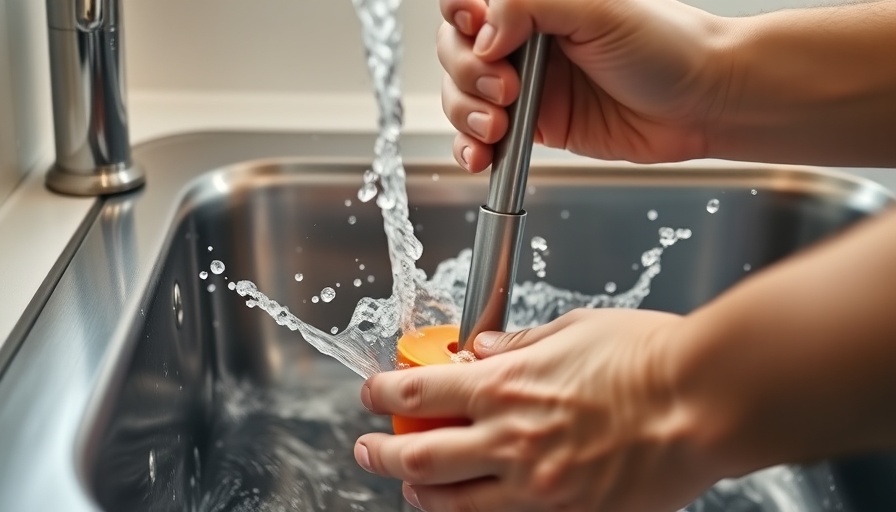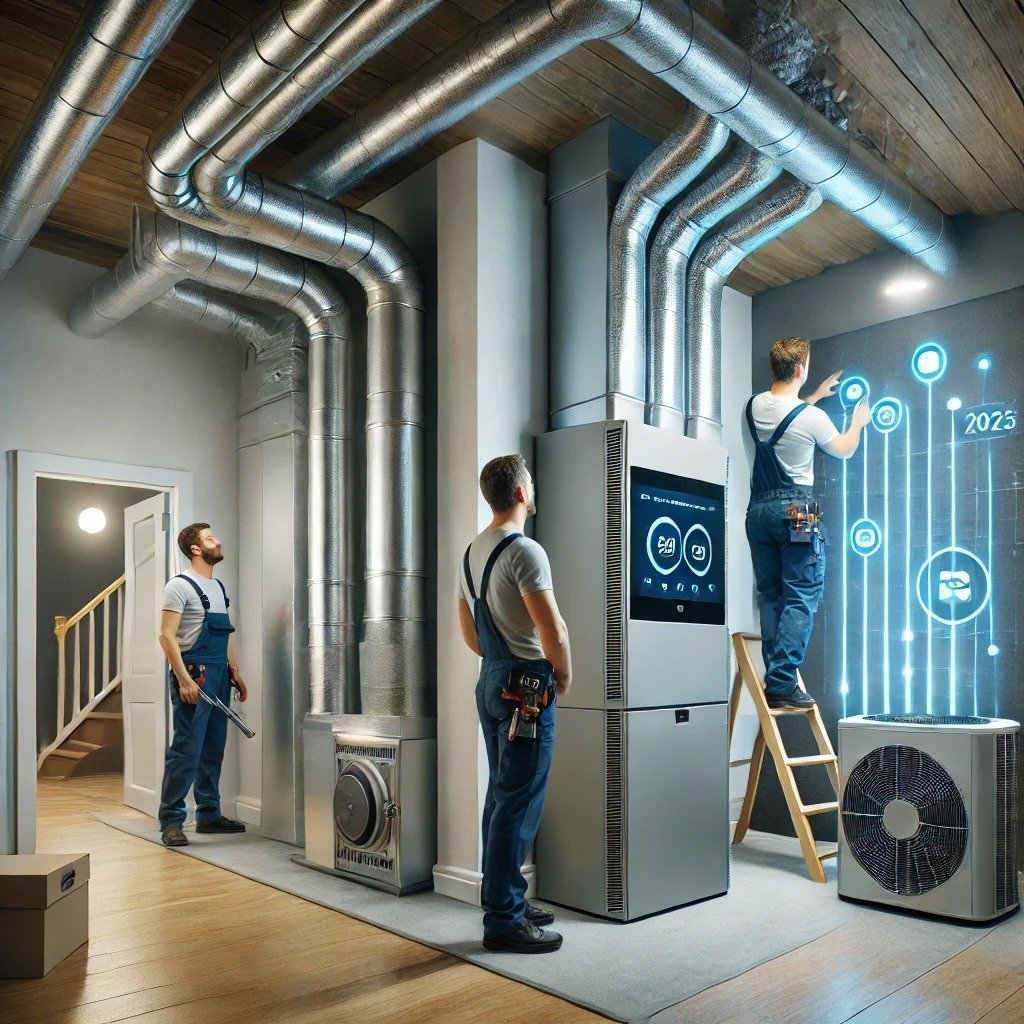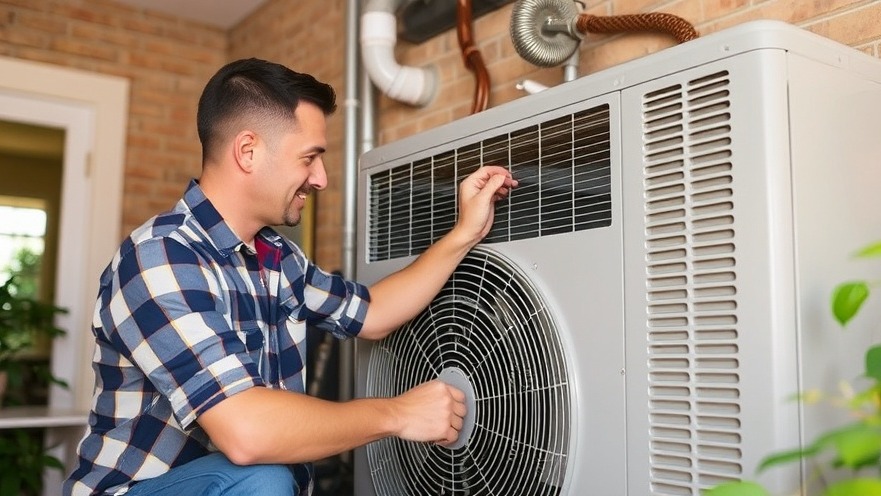
A Quick Overview of Drain Cleaning Emergencies
A clogged drain is more than just a minor inconvenience—it's a potential nightmare for homeowners. Whether it's a small pooling of water or a major sewer backup, understanding the signs of a plumbing emergency is vital. With our expert guidelines, you can take swift action to mitigate damage and protect your home.
Recognizing the Signs of a Drain Cleaning Emergency
Not every issue with your drains constitutes an emergency, yet knowing the difference can save you time and money. Monitor these signs closely:
An Unstoppable Flood: If you find standing water in sinks, tubs, or floor drains, you may be facing a major blockage.
Multi-Drain Meltdown: Issues occurring in multiple drains—like your kitchen and bathroom sinks simultaneously—often point to a clogged main sewer line.
Foul Odor of Sewage: Bad smells from your drains are no joke and could indicate a serious issue with sewage backup.
Unexpected Overflow: Water appearing in unexpected places when draining is often a telltale sign of severe blockage.
Ignoring these signs can lead to serious health hazards and costly repairs, making immediate attention critical.
What Should You Do Next?
Once you've identified a potential emergency, swift action is needed:
Cease Water Usage: Stop using all water sources connected to the affected drains. This includes turning off faucets, avoiding flushing toilets, and not running washing machines.
Investigate the Surface: For isolated clogs, check the drain opening for visible obstructions. Minor blockages can sometimes be cleared manually.
Use A Plunger or Snake: For minor clogs in sinks or toilets, utilizing a plunger or a drain snake can provide effective relief.
However, if the problem persists or is accompanied by sewage backup, do not hesitate to contact a professional plumbing service.
When is it Time to Call the Professionals?
Engaging a professional isn't just about convenience—it's often the safest choice when plumbing issues arise. Signs indicating you need expert help include:
Multiple drains are affected at once
Unpleasant sewage odors linger, indicating potential sewer issues
Visible flooding or backup into your home
Professional plumbers are trained to handle such emergencies with the right equipment and expertise, ensuring a thorough resolution.
Preventive Measures: Avoiding Future Drain Cleanings
Once you've dealt with an emergency, consider implementing these preventive measures to protect your drains:
Regular Maintenance: Schedule periodic inspections and cleaning with a professional plumber.
Proper Disposal: Be cautious with household waste. Avoid pouring grease down the sink or flushing inappropriate items.
Tree Root Management: Consult professionals if tree roots are a concern; they can recommend blockage prevention solutions.
By following these preventive steps, you not only safeguard your plumbing but also ensure peace of mind.
Conclusion: Taking Action Matters
Emergency drain situations can feel overwhelming, but understanding when and how to act can significantly reduce risks. As a homeowner, your best defense is knowing the signs early on, taking swift action, and relying on professionals when necessary. Don't wait for a minor clog to escalate; contact a plumbing service right away!
 Add Row
Add Row  Add
Add 




Write A Comment